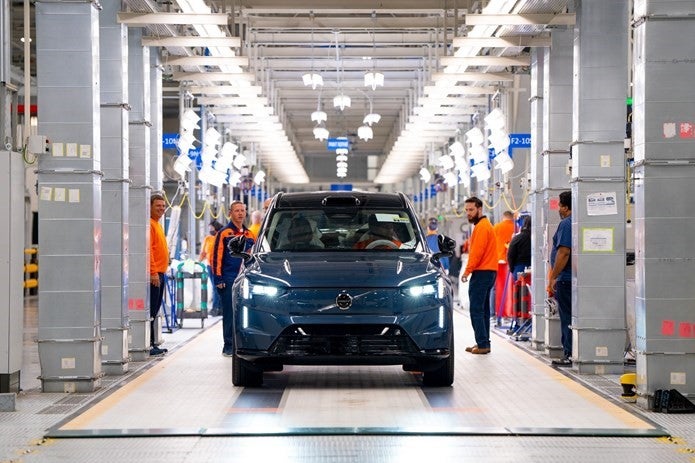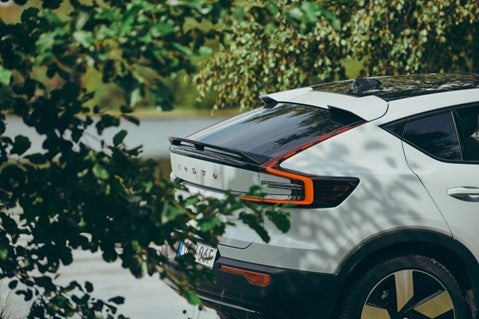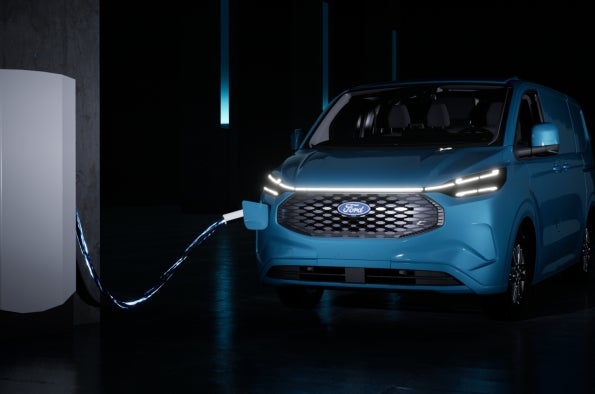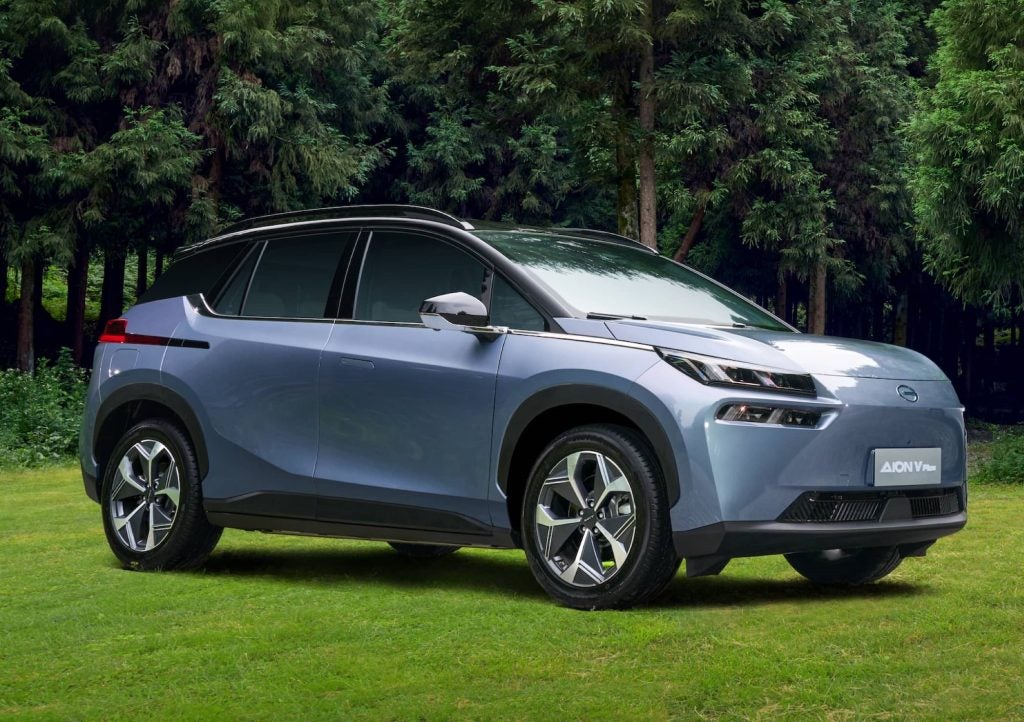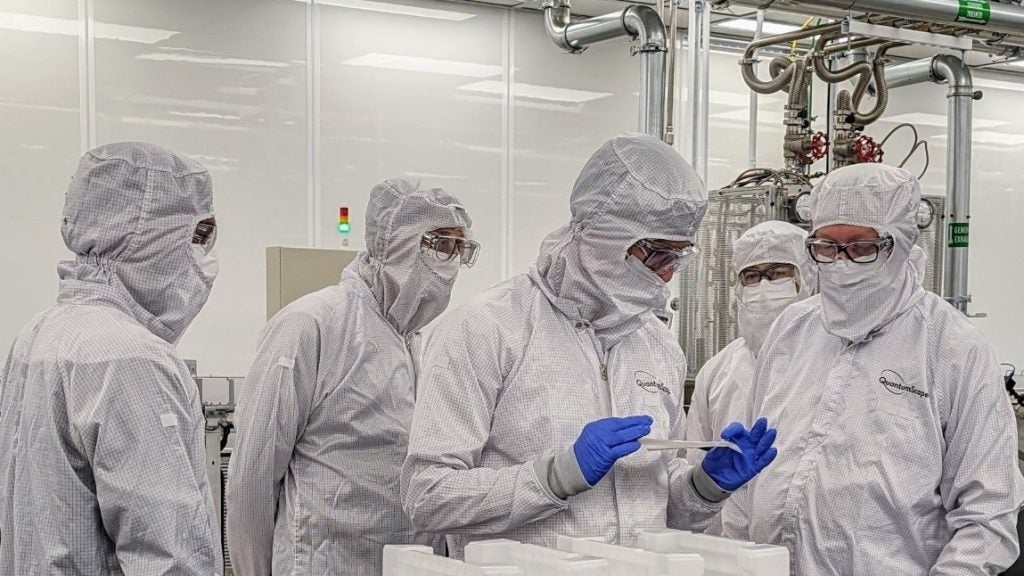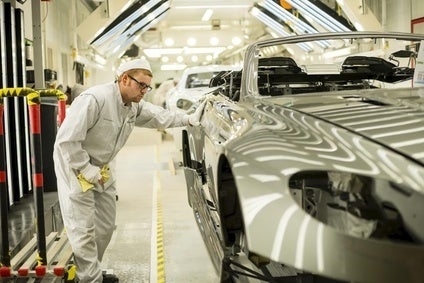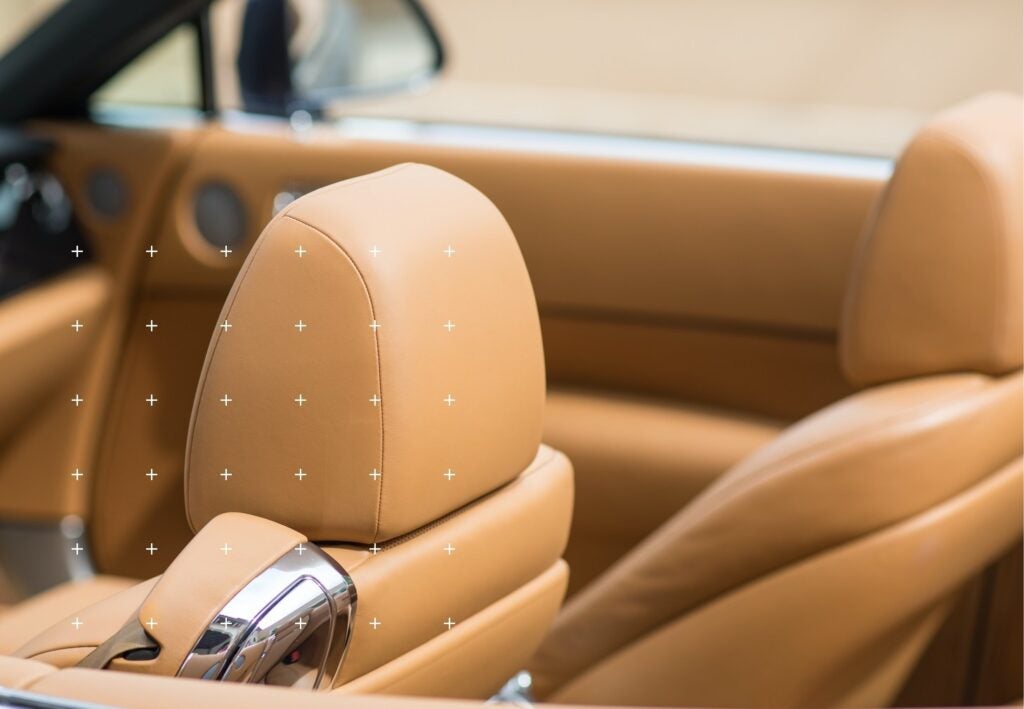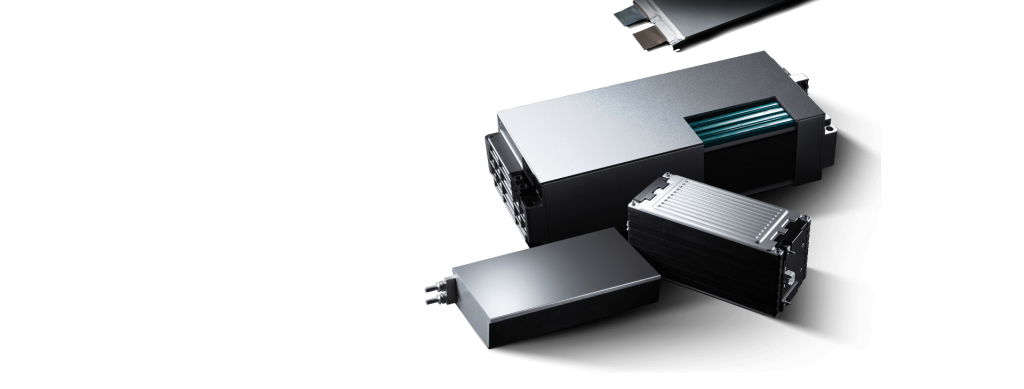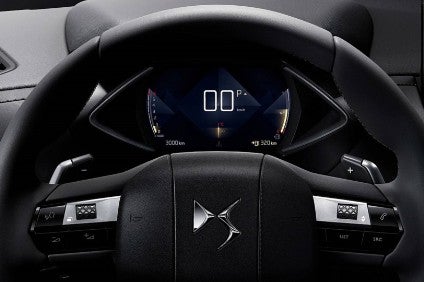Questions about EU tariffs took centre stage during Volvo Cars’ Q2 2024 results call, with its President and CEO Jim Rowan giving reassurances that “it’s a short-term issue.”
Particularly affected is the firm’s China-made fully electric SUV the EX30, which the firm announced would have its production moved to Ghent, Belgium.
“We’re going to start to see the impact of that [tariffs] in the second half of this year,” Mr Rowan said. He did not give any clues as to whether pricing would change for the vehicle following the tariffs, instead adding that the firm was “in a strong position” and is “looking at all the options available.”
Asked whether Volvo could quantify the expected impact of the tariffs, CFO Johan Ekdahl said that it “is an ongoing dialogue [with the EU Commission]. We don’t know the final outcome – which is important to emphasise.”
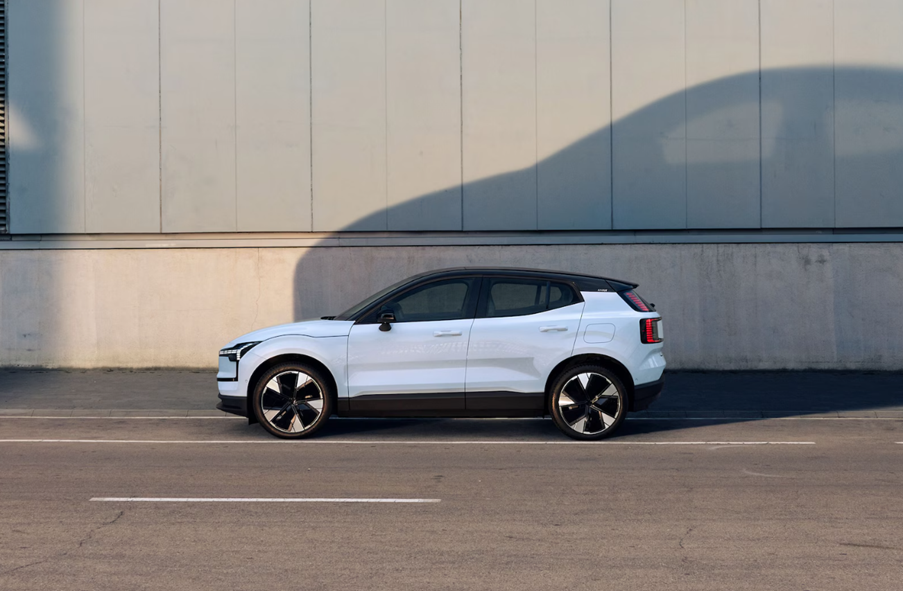
EX90 teething issues resolved
Also in the spotlight was the EX90, a luxury seven-seater electric SUV that the company was “incredibly excited” about, particularly its core compute architecture.
“We are one of the very few people in the market who have crossed the bridge – the Rubicon – to real core compute software defined vehicle,” Mr Rowan said. “That’s an important stepping stone for us. The first customer will behind the wheel of the EX90 in the next couple of weeks.”
Addressing previously reported software issues and adjustments, he said those “teething issues” have been solved and that the vehicle will have a “fantastic set of features.”
The EX90 had previously been expected to feature in US showrooms from early 2024, but production was pushed back due to software testing and development.
“The customers who invest in advanced technology products like the EX90 […] reap the benefits over time. We don’t think this will be an impediment to sales growth and with the EX90, we don’t see any major loss of pre-bookings or pre-orders as a result of updating the car with software as it gets further into its journey,” Mr Rowan added.
There were no set dates offered in relation to the vehicle's rollout by markets, though Mr Ekdahl noted that production in Charleston, US, has already started with first customers expected this quarter, ramping up production at the back end of this year and early 2025 to get ready for customers in China and Southeast Asia.
